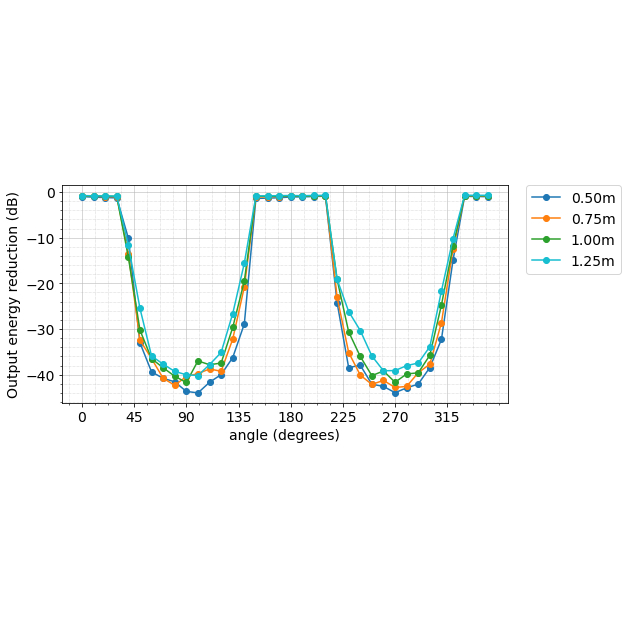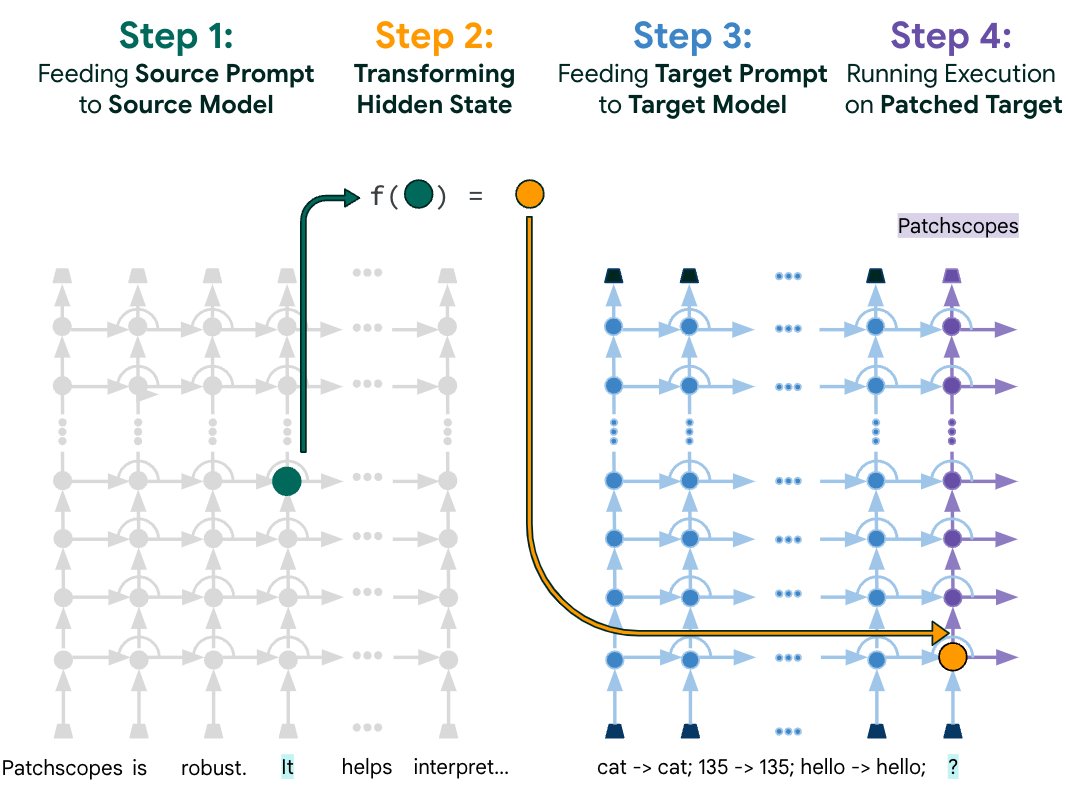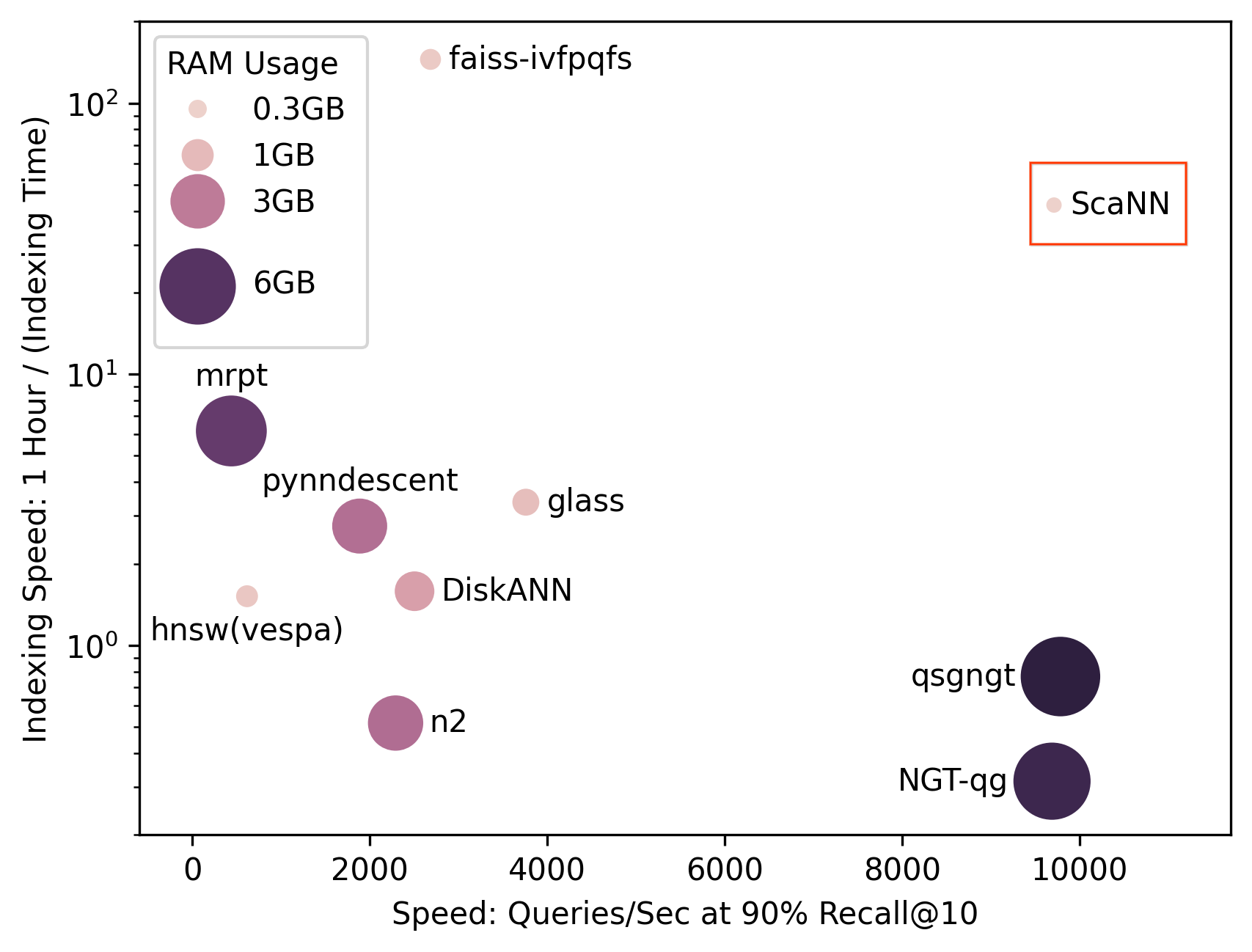
Google at UAI 2012
August 28, 2012
Posted by Kevin Murphy, Research Scientist
The conference on Uncertainty in Artificial Intelligence (UAI) is one of the premier venues for research related to probabilistic models and reasoning under uncertainty. This year's conference (the 28th) set several new records: the largest number of submissions (304 papers, last year 285), the largest number of participants (216, last year 191), the largest number of tutorials (4, last year 3), and the largest number of workshops (4, last year 1). We interpret this as a sign that the conference is growing, perhaps as part of the larger trend of increasing interest in machine learning and data analysis.
There were many interesting presentations. A couple of my favorites included:
- "Video In Sentences Out," by Andrei Barbu et al. This demonstrated an impressive system that is able to create grammatically correct sentences describing the objects and actions occurring in a variety of different videos.
- "Exploiting Compositionality to Explore a Large Space of Model Structures," by Roger Grosse et al. This paper (which won the Best Student Paper Award) proposed a way to view many different latent variable models for matrix decomposition - including PCA, ICA, NMF, Co-Clustering, etc. - as special cases of a general grammar. The paper then showed ways to automatically select the right kind of model for a dataset by performing greedy search over grammar productions, combined with Bayesian inference for model fitting.
A strong theme this year was causality. In fact, we had an invited talk on the topic by Judea Pearl, winner of the 2011 Turing Award, in addition to a one-day workshop. Although causality is sometimes regarded as something of an academic curiosity, its relevance to important practical problems (e.g., to medicine, advertising, social policy, etc.) is becoming more clear. There is still a large gap between theory and practice when it comes to making causal predictions, but it was pleasing to see that researchers in the UAI community are making steady progress on this problem.
There were two presentations at UAI by Googlers. The first, "Latent Structured Ranking," by Jason Weston and John Blitzer, described an extension to a ranking model called Wsabie, that was published at ICML in 2011, and is widely used within Google. The Wsabie model embeds a pair of items (say a query and a document) into a low dimensional space, and uses distance in that space as a measure of semantic similarity. The UAI paper extends this to the setting where there are multiple candidate documents in response to a given query. In such a context, we can get improved performance by leveraging similarities between documents in the set.
The second paper by Googlers, "Hokusai - Sketching Streams in Real Time," was presented by Sergiy Matusevych, Alex Smola and Amr Ahmed. (Amr recently joined Google from Yahoo, and Alex is a visiting faculty member at Google.) This paper extends the Count-Min sketch method for storing approximate counts to the streaming context. This extension allows one to compute approximate counts of events (such as the number of visitors to a particular website) aggregated over different temporal extents. The method can also be extended to store approximate n-gram statistics in a very compact way.
In addition to these presentations, Google was involved in UAI in several other ways: I held a program co-chair position on the organizing committee, several of the referees and attendees work at Google, and Google provided some sponsorship for the conference.
Overall, this was a very successful conference, in an idyllic setting (Catalina Island, an hour off the coast of Los Angeles). We believe UAI and its techniques will grow in importance as various organizations -- including Google -- start combining structured, prior knowledge with raw, noisy unstructured data.


